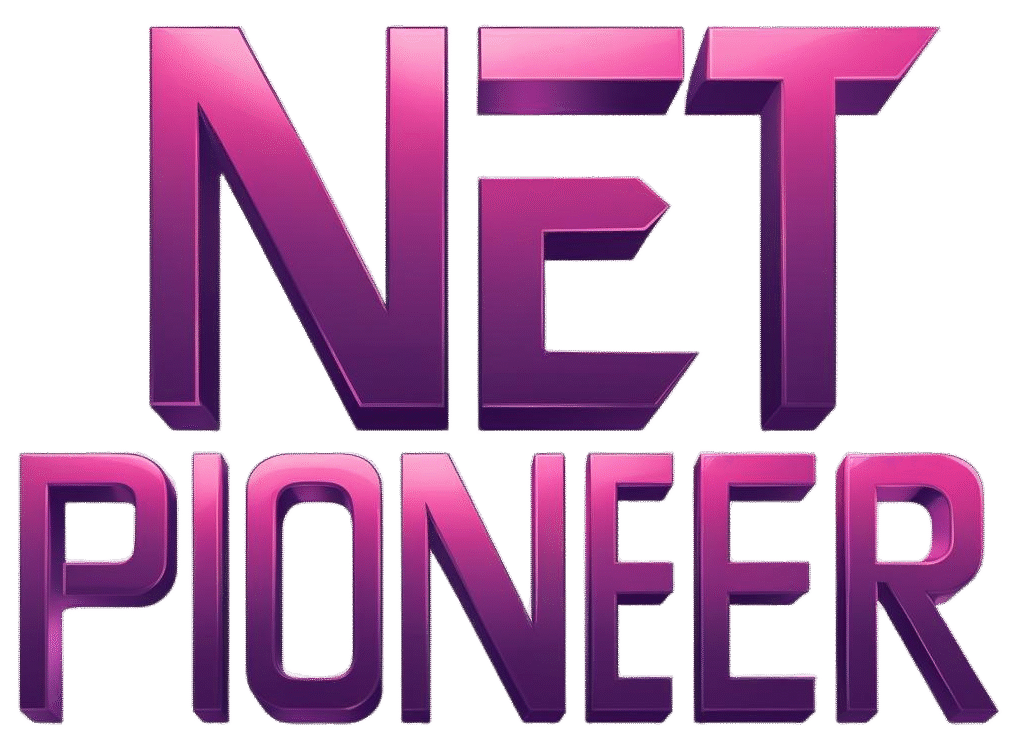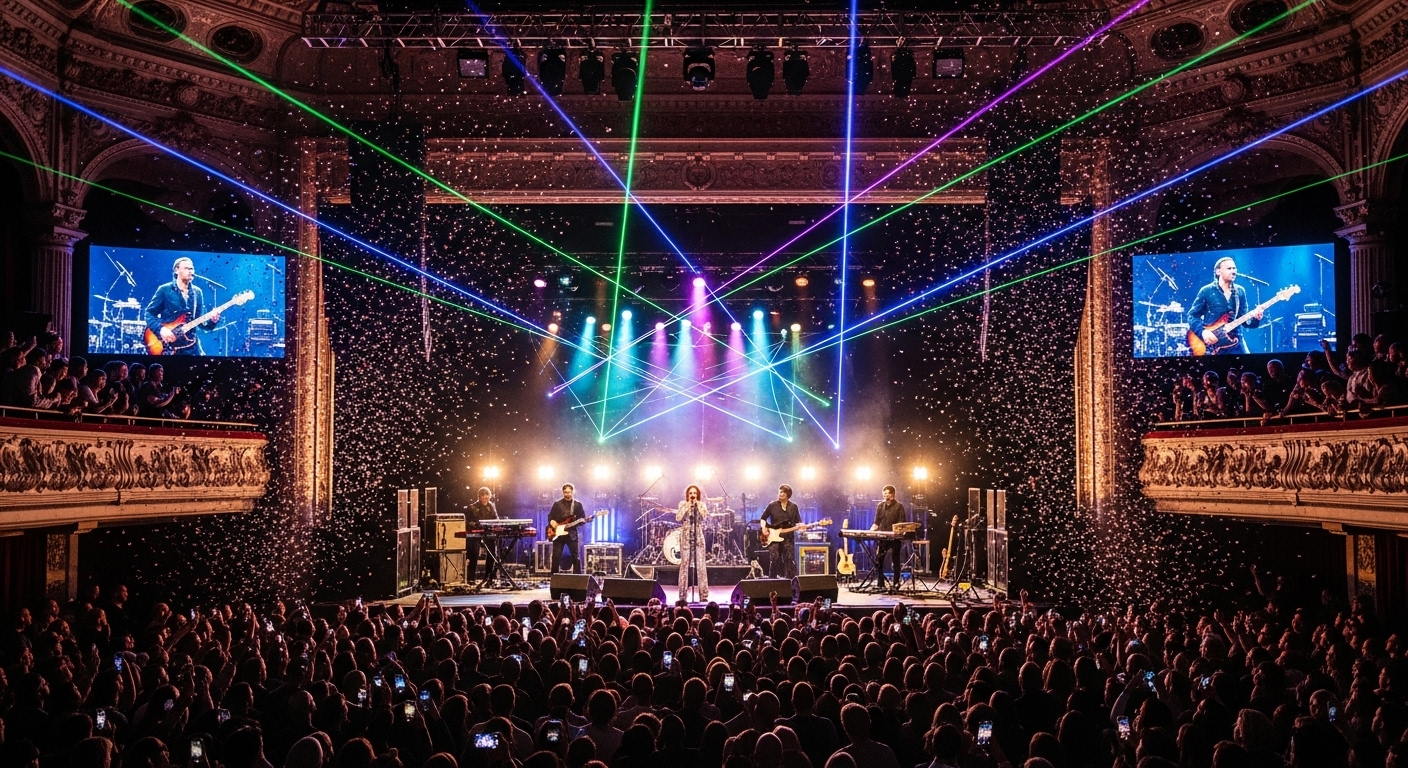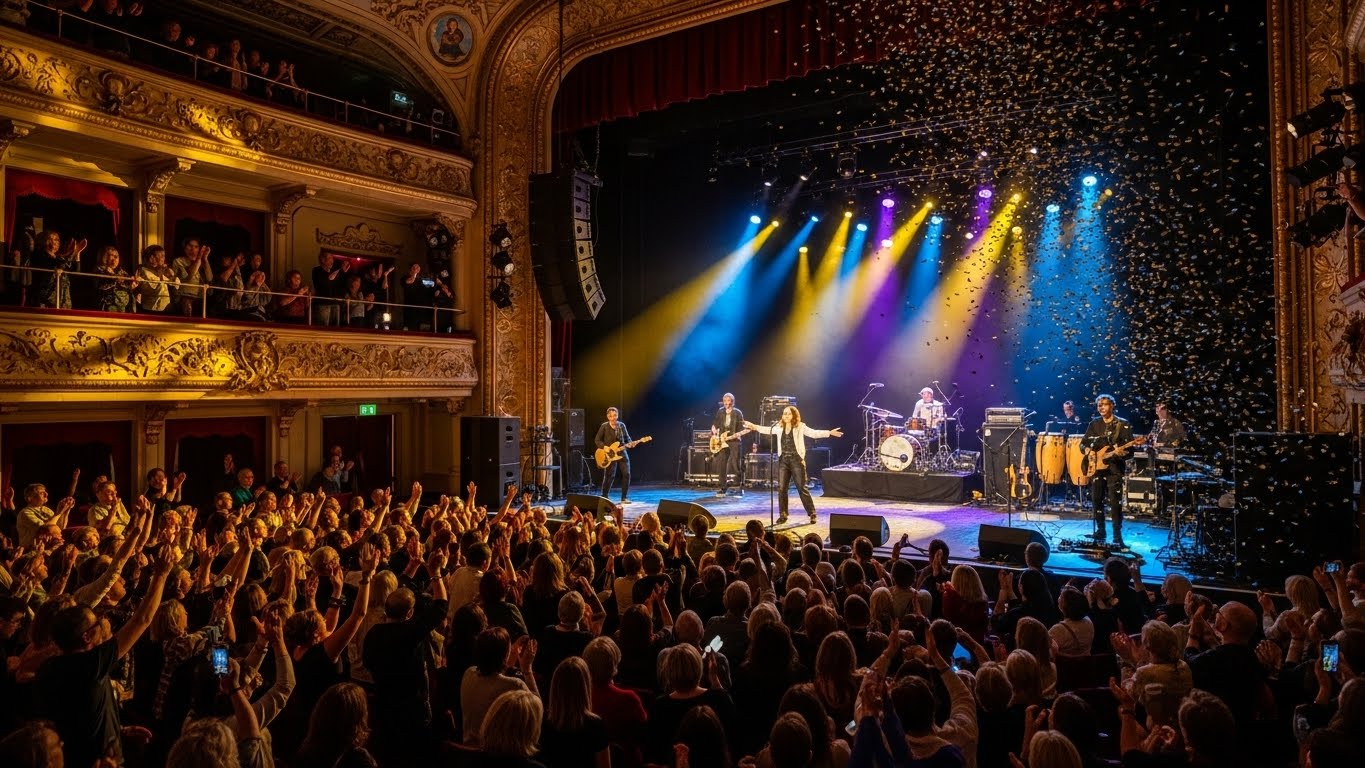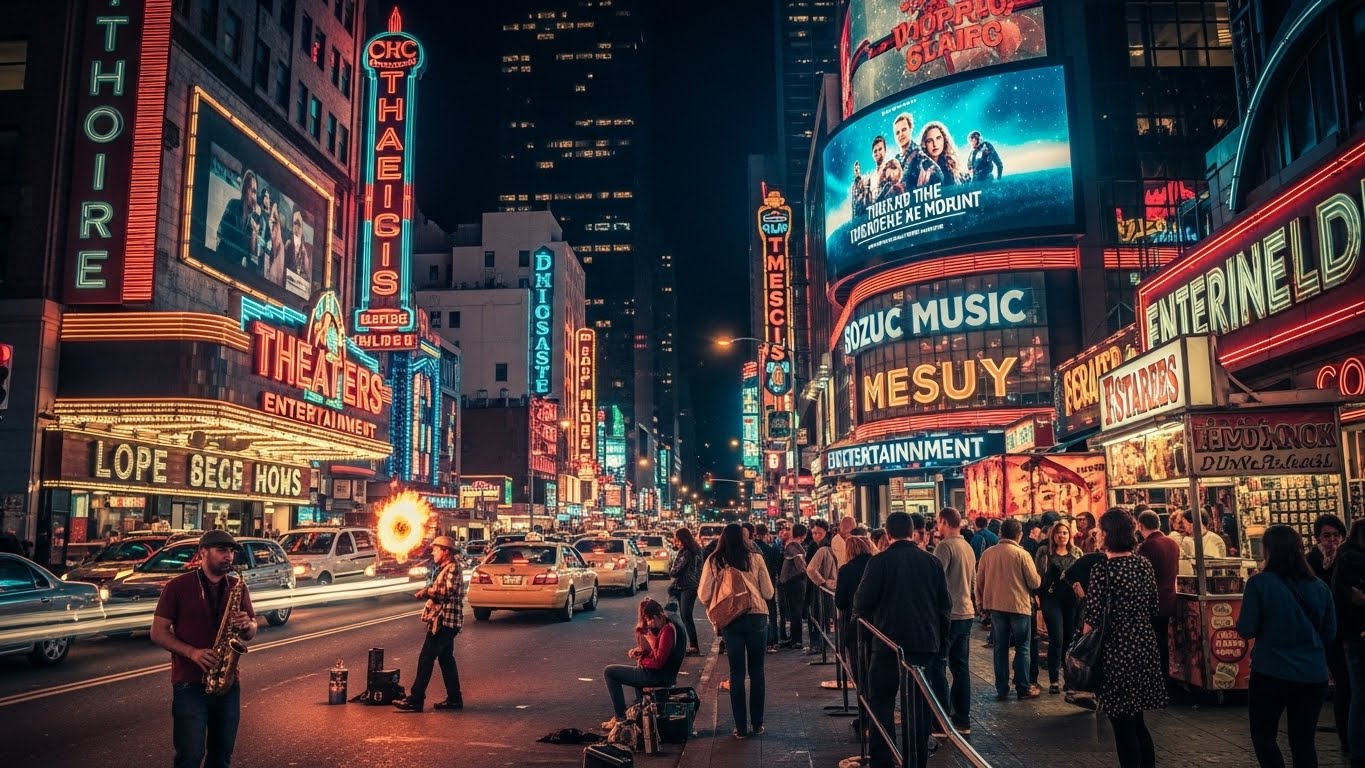In the fast-paced world we live in, the way we consume entertainment has evolved drastically over the past few decades. Traditional entertainment formats like television, cinema, and music have experienced a dramatic shift with the rise of digital platforms, interactive media, and social networks. In fact, the entertainment industry as a whole has been undergoing an ongoing transformation, and what we recognize as “entertainment” today is vastly different from what it was a generation ago.
This transformation isn’t just about technology, but about the cultural shifts that influence the way we engage with media, art, and entertainment in general. People no longer passively consume content; they interact with it, create it, and share it. From streaming services and virtual concerts to user-generated content on social media platforms, the face of entertainment is unrecognizable compared to even 10 years ago.
In this blog post, we’ll take a deep dive into the evolution of entertainment, exploring how various forms of media have changed over time, how technology has shaped the entertainment landscape, and what the future holds for the industry.
The Beginnings of Entertainment: A Glimpse into History
Entertainment has been an integral part of human culture for millennia. Ancient civilizations had their own forms of entertainment, ranging from theatrical performances and public spectacles to music and dance. In ancient Greece, for example, the theater played a central role in civic and religious life, and gladiatorial games in ancient Rome were an expression of power and entertainment.
The earliest forms of entertainment, however, were live performances, from local storytelling around a fire to grand plays in large amphitheaters. The printing press, invented in the 15th century, made a significant impact by democratizing entertainment and education. It wasn’t until the 19th and 20th centuries, though, that entertainment began to shift toward the forms we recognize today.
The Birth of Cinema
The birth of cinema in the late 19th century revolutionized entertainment. Thomas Edison and the Lumière brothers are often credited with pioneering the motion picture. Early films were short and silent, but they paved the way for the massive film industry that would later dominate the 20th century. The rise of Hollywood in the 1920s and the introduction of sound in film with “The Jazz Singer” (1927) made movies the most popular form of entertainment for a large portion of the world’s population.
The 20th century saw the expansion of cinema into a global phenomenon. With iconic figures like Charlie Chaplin, Marilyn Monroe, and Marlon Brando, Hollywood became the cultural capital of the world. Movie theaters were built in nearly every city, and films became not just a form of entertainment, but a social event where people could escape reality for a few hours.
The Golden Age of Television
While cinema dominated the first half of the 20th century, television gradually became the centerpiece of home entertainment in the post-World War II era. The advent of television in the 1940s and 1950s transformed the way people consumed media. For the first time, people could watch content from the comfort of their own homes. Shows like I Love Lucy, The Ed Sullivan Show, and The Twilight Zone captivated millions of viewers.
Television revolutionized how families spent time together. The medium reached a wider audience than ever before, with television sets becoming a staple in every household. By the 1960s and 1970s, cable TV added more options to the mix, giving people even more control over what they watched. TV networks, movies, sports, and music channels coexisted to offer a variety of entertainment.
The Digital Revolution: The Shift to Online Media
The real transformation of the entertainment industry began with the rise of the internet in the 1990s. The digital revolution fundamentally changed how content was distributed and consumed. The internet’s ability to connect people around the world made entertainment more accessible, diverse, and personalized than ever before.
The Emergence of Streaming Services
One of the most significant developments in the digital entertainment era has been the rise of streaming platforms. At the dawn of the internet age, piracy was a major concern, and illegal downloads and file-sharing dominated the landscape. However, as broadband internet became more accessible, legal streaming services like Netflix, Spotify, and YouTube emerged, offering viewers and listeners a legal, convenient way to access entertainment content.
Netflix, in particular, revolutionized television and film consumption. Initially a DVD rental service, Netflix pivoted to streaming in the mid-2000s and began producing original content in 2013 with House of Cards. This marked the beginning of the “streaming wars,” as more companies began entering the market with their own services, such as Hulu, Amazon Prime Video, and more recently, Disney+ and Apple TV+.
With streaming, people could now watch entire seasons of shows on-demand, rather than waiting for weekly episodes. Binge-watching became a cultural phenomenon, and the idea of “appointment viewing” began to fade. Streaming platforms not only made content more accessible but also allowed for more niche programming to flourish.
The Rise of Social Media Platforms
Simultaneously, the rise of social media platforms such as Facebook, Instagram, TikTok, and Twitter gave individuals the power to create and distribute their own content. With millions of users globally, these platforms allowed anyone to become a content creator, whether through short videos, photos, or live streams.
This democratization of content creation has had profound implications for the entertainment industry. Celebrities, influencers, and ordinary people alike can now use social media to build audiences, share their stories, and even make a career out of entertaining others. Platforms like YouTube and Twitch have given rise to an entire ecosystem of online influencers who attract millions of followers and collaborate with brands to generate revenue.
TikTok, for example, has transformed how people engage with music and video content. Viral challenges, memes, and dances have become part of mainstream culture, influencing everything from fashion to marketing campaigns. Social media platforms have redefined entertainment, shifting from a passive consumption model to one where users can actively engage, create, and even make a living.
The Power of Gaming in Modern Entertainment
While traditional media like television and film remain prominent, gaming has emerged as one of the largest and most influential forms of entertainment in the 21st century. Video games have evolved from a niche hobby to a global industry worth billions of dollars annually. The advent of multiplayer online games, esports, and virtual reality has made gaming more immersive and interactive than ever.
Esports: The Competitive Future of Gaming
Esports, or competitive video gaming, has seen rapid growth over the past decade. What was once a casual activity for gamers has transformed into a legitimate professional sport with organized leagues, huge prize pools, and millions of viewers. Games like League of Legends, Dota 2, and Counter-Strike have become central to the esports industry, attracting sponsorships from major brands and filling arenas with fans.
Esports’ rise is a testament to the increasing overlap between gaming and traditional sports. Platforms like Twitch and YouTube Gaming allow people to watch live competitions, and streaming services like ESPN have even started broadcasting major esports events. The skill, dedication, and strategy required to compete at the highest levels of gaming have earned esports its place in the mainstream.
Virtual Reality: The Next Frontier
The next big frontier in entertainment is virtual reality (VR). VR technology has the potential to revolutionize the way we experience entertainment, offering immersive experiences that traditional forms of media simply cannot match. VR gaming allows players to step into entirely new worlds, interact with characters, and feel as if they are part of the story.
Beyond gaming, VR is being explored for virtual concerts, films, and even social experiences. Imagine attending a live concert from your living room, or watching a movie as if you were inside the film itself. The possibilities are endless, and as VR technology becomes more affordable and accessible, it’s likely that virtual reality will play an increasingly larger role in the entertainment world.
The Changing Business of Entertainment
The way entertainment is produced, distributed, and consumed is not only changing for audiences, but for creators and businesses as well. The digital transformation of entertainment has made it easier for independent creators to reach global audiences, disrupting the traditional entertainment business model.
The Decline of Physical Media
The rise of streaming platforms has had a significant impact on physical media. DVD and Blu-ray sales have steadily declined as more people turn to digital streaming for movies and TV shows. Music has followed a similar trajectory, with streaming services like Spotify and Apple Music replacing CDs and vinyl records as the primary way people consume music.
The decline of physical media also has implications for the music and film industries. The traditional revenue models, based on album sales, ticket sales, and DVD purchases, have been replaced by subscription services, streaming royalties, and digital downloads. This has given rise to new distribution models, where artists and creators can sell their content directly to consumers without relying on traditional gatekeepers like record labels or movie studios.
The Growth of Influencer Marketing
In today’s entertainment landscape, influencers are playing a major role in marketing products and shaping trends. With their ability to reach large, dedicated followings, influencers have become a valuable resource for brands looking to connect with younger audiences. This has led to a rise in influencer marketing, where companies pay influencers to promote their products or services.
Influencers across social media platforms are now a key part of the entertainment ecosystem. From beauty gurus and fitness experts to gaming streamers and lifestyle bloggers, these content creators have redefined what it means to be famous, and many have turned their online presence into lucrative businesses.
Conclusion: The Future of Entertainment
The entertainment industry has undergone a massive transformation, and this is just the beginning. As technology continues to evolve, we can expect new forms of entertainment to emerge, from immersive virtual reality experiences to the integration of artificial intelligence into storytelling. The lines between different types of media—film, television, gaming, social media—will continue to blur as the demand for personalized and interactive content increases.
What’s clear is that entertainment will never be the same again. With greater access to content, more opportunities for creative expression, and an increasing shift toward digital platforms, the future of entertainment is boundless. Whether it’s through streaming platforms, gaming, social media, or new technologies, one thing is certain: the evolution of entertainment is just getting started.



